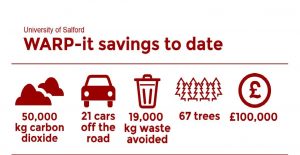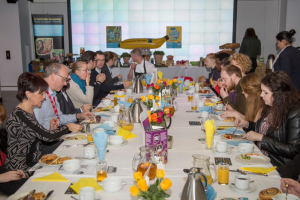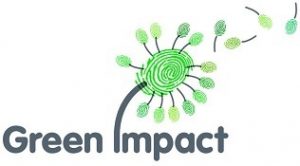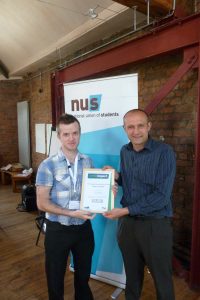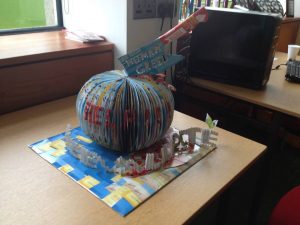
Green Gown Awards Success!
We are very proud to annouce that the University of Salford has won two Green Gown Awards last week for community and student research projects at a prestigious ceremony in the cultural quarter of Leicester. Established in 2004, the Green Gown Awards recognise the exceptional sustainability initiatives being undertaken by universities, colleges and the learning and skills […]

